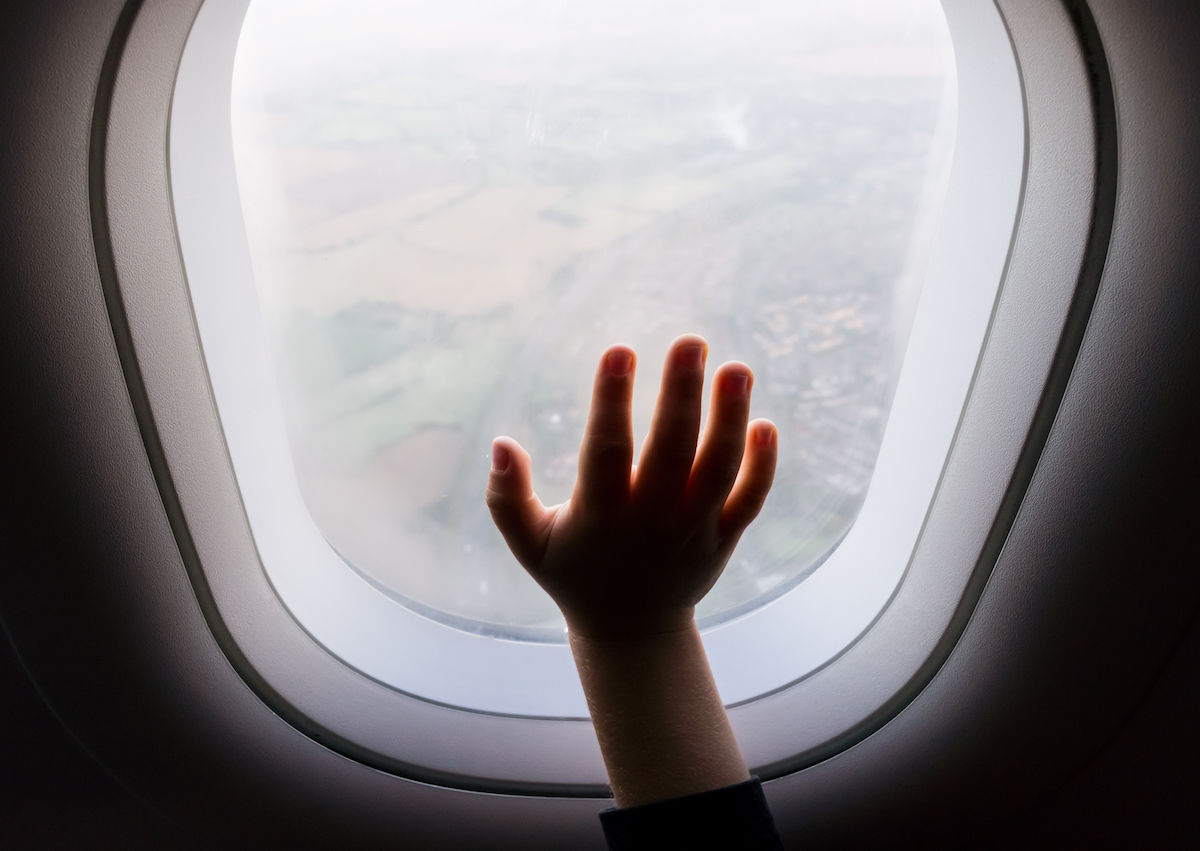Airlines are refusing to carry immigrant children separated from their families
Eben
Diskin, Matador Network, Jun 21, 2018
In
response to the separation of immigrant
children from their families at the southern US border, several airlines have
refused to play any part in the Trump administration’s no-tolerance policy.
response to the separation of immigrant
children from their families at the southern US border, several airlines have
refused to play any part in the Trump administration’s no-tolerance policy.
 |
|
Photo: Dedi
Grigoroiu/Shutterstock |
On
Wednesday, American Airlines asked
the government to stop using its commercial plans to transport separated
children — and they’re not alone. Frontier Airlines has also asserted
that it would not “allow [their] flights to be used to transport migrant
children away from their families;” similar statements are also coming from
United and Southwest airlines.
Following
these firm declarations by the country’s biggest airlines, and a national
public outcry, President Trump signed an executive
order Wednesday to end the separation of families. Instead, parents
and children will be detained together — a decision that’s still being met with
much public disapproval.
these firm declarations by the country’s biggest airlines, and a national
public outcry, President Trump signed an executive
order Wednesday to end the separation of families. Instead, parents
and children will be detained together — a decision that’s still being met with
much public disapproval.
The level
of the airline industry’s involvement in this issue shows how contentious it
has become. For many flight attendants, seeing children accompanied on flights
by federal agents has been harrowing. They are trained to care for
unaccompanied minors, ease their fears while flying, and make them feel
welcome; even under ordinary circumstances, flight attendants have seen
first-hand how difficult it can be for children flying without their parents.
Participating in a process that forcibly separates children from their
families, which instills fear and uncertainty into child passengers, runs
counter to a flight attendant’s instincts.
of the airline industry’s involvement in this issue shows how contentious it
has become. For many flight attendants, seeing children accompanied on flights
by federal agents has been harrowing. They are trained to care for
unaccompanied minors, ease their fears while flying, and make them feel
welcome; even under ordinary circumstances, flight attendants have seen
first-hand how difficult it can be for children flying without their parents.
Participating in a process that forcibly separates children from their
families, which instills fear and uncertainty into child passengers, runs
counter to a flight attendant’s instincts.
Dallas-based
flight attendant Hunt Palmquist described “two of the most disturbing flights
of my life” in an essay
published in the Houston Chronicle. “There were ICE agents,” he said, “and
migrant children (approximately four to eleven years old) who had been
separated from their families and were being flown to a ‘relocation’ site.” The
flight made a lasting impression on Palmquist, which he will not soon forget.
“The images of those helpless children have been burned into my psyche…faces
full of fear, confusion, sadness and exhaustion left me somewhat traumatized,
as it occurred to me a few weeks later that I might as well have been a
collaborator in their transport.”
flight attendant Hunt Palmquist described “two of the most disturbing flights
of my life” in an essay
published in the Houston Chronicle. “There were ICE agents,” he said, “and
migrant children (approximately four to eleven years old) who had been
separated from their families and were being flown to a ‘relocation’ site.” The
flight made a lasting impression on Palmquist, which he will not soon forget.
“The images of those helpless children have been burned into my psyche…faces
full of fear, confusion, sadness and exhaustion left me somewhat traumatized,
as it occurred to me a few weeks later that I might as well have been a
collaborator in their transport.”
It’s
naive to think the airline’s actions represent a complete swing away from a
corporate mindset, but it does represent the power of public opinion. Criticism
of President Trump’s immigration policy was so widespread that airlines simply
couldn’t ignore a simple truth: there is an ethical line in the sand, and a lot
of consumers are falling on one side of it.
naive to think the airline’s actions represent a complete swing away from a
corporate mindset, but it does represent the power of public opinion. Criticism
of President Trump’s immigration policy was so widespread that airlines simply
couldn’t ignore a simple truth: there is an ethical line in the sand, and a lot
of consumers are falling on one side of it.
The
outpouring of love and support for immigrant families might not change federal
policy, but it does signal to industries that rely on public support — like the
airlines — that falling on the decent side of that ethical line is, ultimately,
the right thing to do.
outpouring of love and support for immigrant families might not change federal
policy, but it does signal to industries that rely on public support — like the
airlines — that falling on the decent side of that ethical line is, ultimately,
the right thing to do.


